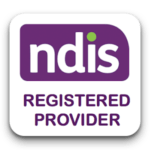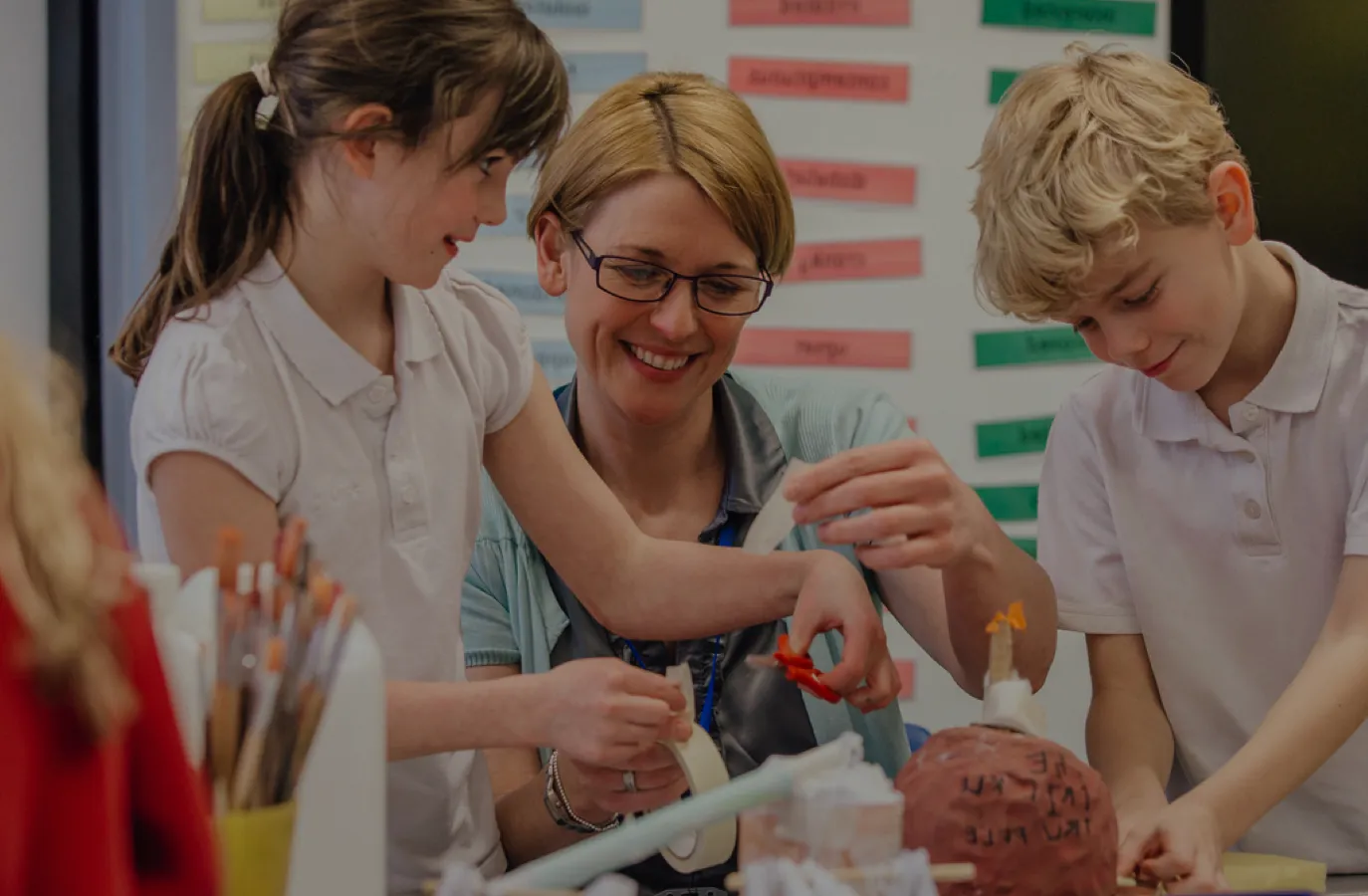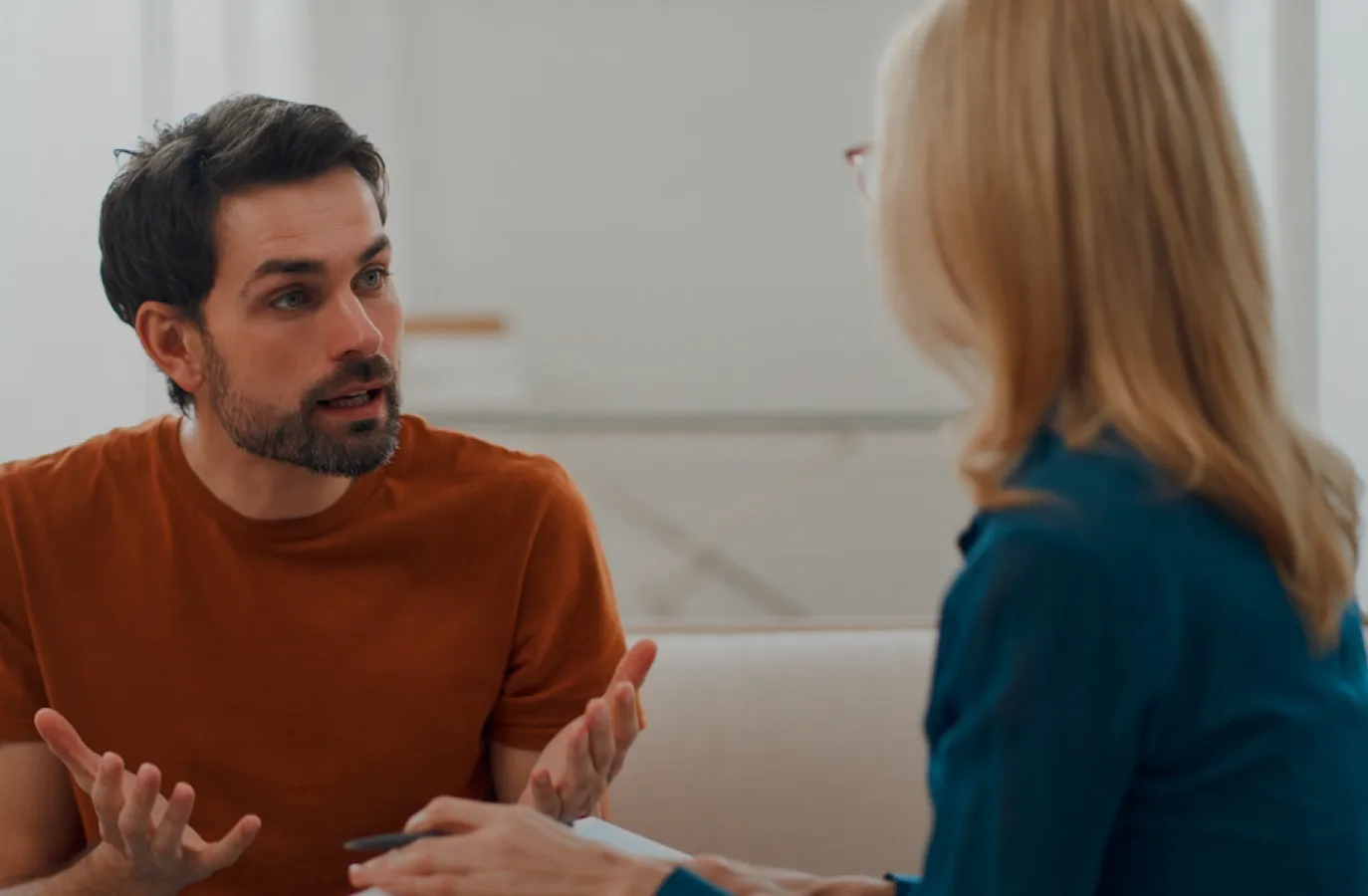What is Positive Behaviour Support? PBS is an individualised and comprehensive approach that aims to increase a person’s quality of life. We support parents and carers to teach and encourage children and young people new skills, whilst they adjust the environment to meet the child or young person’s needs.
The approach makes behaviour that challenges unnecessary by removing the things that trigger the behaviour (expectations, environmental changes). It also assists children and young people with an alternative way to respond by teaching functional skills that the child or young person has not had the opportunity to develop yet.
We believe that children and young people do their best with what they have. If they can be successful in their environment, they will be. Kameleon Group will work collaboratively with the child or young persons support team, to adjust the environment, change or reduce the expectations whilst concurrently teaching the child new skills.
The ultimate goal of positive behaviour support is to increase a person’s quality of life.
We do this by using a blend of various methodologies that is as unique as the people we support. Some of these include; Positive Behaviour Support, Collaborative Problem Solving Model, Trauma Informed Care, Positive Practice, EDSM and floortime to name just a few.
The range of behaviours are broad and is dependant upon what is important for the person themselves, and may include;
- Developing and maintaining friendships
- Learning to cross a street safely
- Following a morning/afternoon routine
- Making lunch
- Communicating in a functional way
Our services look at quality of life measures to understand areas of the person’s life that require support to achieve choice and control of their own lives.
The word ‘behaviour’ is used in many different ways, behaviour is anything a person says, does, thinks or feels. The reason for behaviour support services is to tailor supports where there are behaviours that interfere with the person achieving their own individual goals. It is a mismatch between the person’s environment (expectations) and their skills to respond to those expectations.
A well designed plan includes specific goals and objectives and positive strategies to meet the person’s life goals. It also requires ongoing data collection to show what works and what does not work.
Who is Positive Behaviour Support (PBS) for?
Positive Behaviour Support (PBS) is for anyone with behaviours that interfere with reaching their individual goals. The positive approach can also be used to increase a person’s quality of life, regardless of their age or diagnosis.
What is Positive Behaviour Support (PBS) used for?
The main goal of Positive Behaviour Support (PBS) is to increase a person’s quality of life by reducing behaviours that challenge and eliminating any practices that are restrictive.
Where does Positive Behaviour Support (PBS) come from?
Positive Behaviour Support (PBS) emerged in the 1980s, evolving from the science of Applied Behaviour Analysis. PBS is based on ‘learning theory’, but PBS developed with a stronger focus on being person and family centred.
Learning theory suggests that how people behave in a situation depends on their previous experiences of similar situations. They learn what they can within the environment they are in. If there are challenges within their environment, it is the environment that needs to adjust.
What is the idea behind Positive Behaviour Support (PBS)?
The idea behind Positive Behaviour Support (PBS) is that a person’s displays a behaviour that is challenging as they do not have the skill to respond to what is expected or requested from the people in their environment.
Our Kameleon Group therapists are qualified, supervised and passionate about providing services in creative, fun ways.
We use a learning approach that focuses on building a positive learning history of success for every client. We work in partnership with families and key supporters of our clients, knowing that any success is a team effort.
We use science to describe, understand, measure, and analyse everything we do.
Our clinical recommendations are based on science and data, not on assumptions.
If you would like to know more about Kameleon Group or the services we offer, and how it could support you or your family, get in touch with us today.












